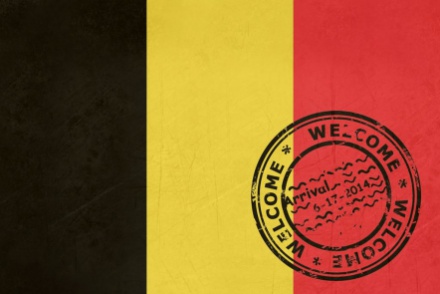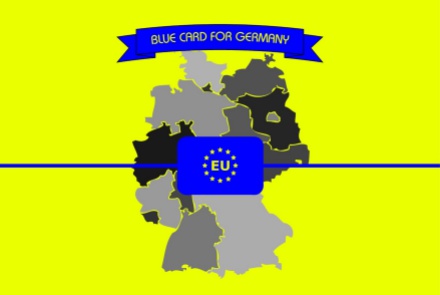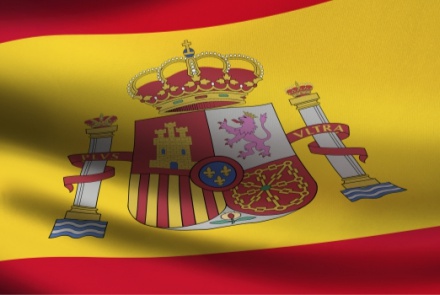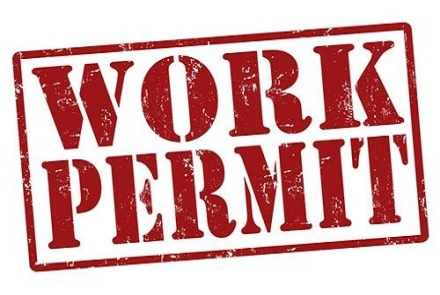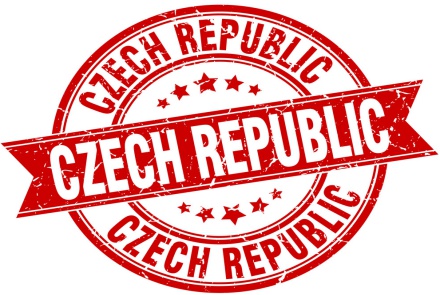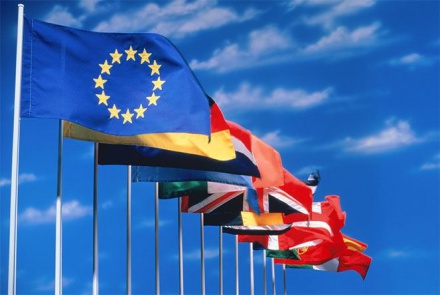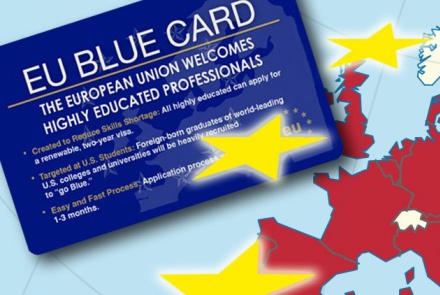The present and future of the EU Blue Card
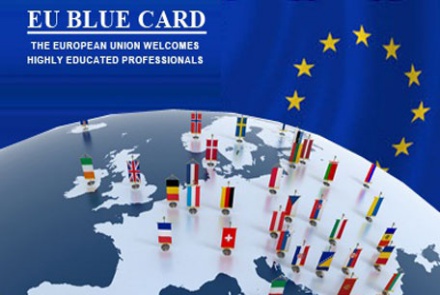
In 2009, the EU authorities adopted a directive regulating the rights of highly qualified specialists - third-country nationals in their employment in the EU (called the EU Blue Card, Directive 2009/50).
The authors had hoped that the "blue cards" help create an attractive environment that stimulates the "best of the best" to look for work in the EU. However, the expectations did not come true.
According to authoritative sources, in 2014 25 EU countries - participants of the directive (Denmark, Ireland and the United Kingdom did not take and do not take part in it), issued 13,612 EU Blue Card permits. But in the same 2014, EU members approved a total of more than 500 thousand work permits.
On the whole, the picture did not change in the following years: the annual number of “issued” blue cards was and is only a few percent of the total number of work permits.
An analysis of the results of the activities of the immigration authorities until the end of 2017 showed that “blue cards” are often used not only and not so much to attract new specialists, but rather to convert already existing residence permits. For example, according to unofficial sources, the majority of the blue cards issued in Germany were provided to third-country nationals previously employed in the country.
Numerous experts have repeatedly stated that the EU Blue Card directive requires significant adjustments.
First and foremost, the EU Blue Card should be a mandatory program for all EU countries, including, for example, Austria and France, where national alternative programs are more popular due to the benign conditions for both employers and employees (compared to the EU Blue Card) . However, it will be very difficult to achieve a consensus on this issue, since the authorities of these countries are not going to refuse from national programs.
Further, in accordance with the current Directive, the EU Blue Card holder may move to another state after 18 months of legal employment in the country that originally issued the EU Blue Card, and apply for a second card either while still in the first state or within a month after moving to a new place of residence.
Initially, this “construction” was considered as extremely attractive for highly qualified specialists who are seeking to find their place in the EU labor market. However, in practice, getting a second card when you change your place of residence turned out to be very problematic. It turned out that there are no agreed intergovernmental mechanisms for replacing blue cards.
The new version of the Directive should provide for the development of such a procedure. At the same time, an adjustment is expected to be adopted, reducing the time of initial employment from 18 to 12 months. In this case, the minimum term of an employment contract (when it comes to its duration after moving to a new jurisdiction) can be changed from 12 to 6 months.
An important aspect is the proposal to allow persons who have received the EU Blue Card to engage in individual entrepreneurial activity (in parallel with employment).
One of the cornerstones of the EU Blue Card program is the salaries paid to blue card holders. The experience of Germany has shown in practice that the differentiation of salaries for various categories of highly qualified specialists can significantly increase the number of applicants. On the other hand, the experience of Italy, where wages have not changed since the introduction of the system and is one of the lowest, indicates that salary is not the only factor hindering the development of the program.
Obviously, the updated Directive should provide for a flexible system for setting minimum wages for applicants in different countries. But an understanding of how “such flexibility” can be ensured does not exist for the authorities.
And finally, a survey of respondents showed that only about 55% of those interested in getting a job and meet the requirements of the Directive know about the employment program of highly qualified specialists in the EU countries. Therefore, the promotion of the “ideas” of the EU Blue Card is a separate and urgent task. So if in Germany the program of "blue cards" is paid close attention, then the number of issued cards significantly exceeds the indicators of other countries.
In general, most experts have a single point of view: it does not make sense to postpone the revision of the Directive, but only time will tell whether the countries will agree changes.


